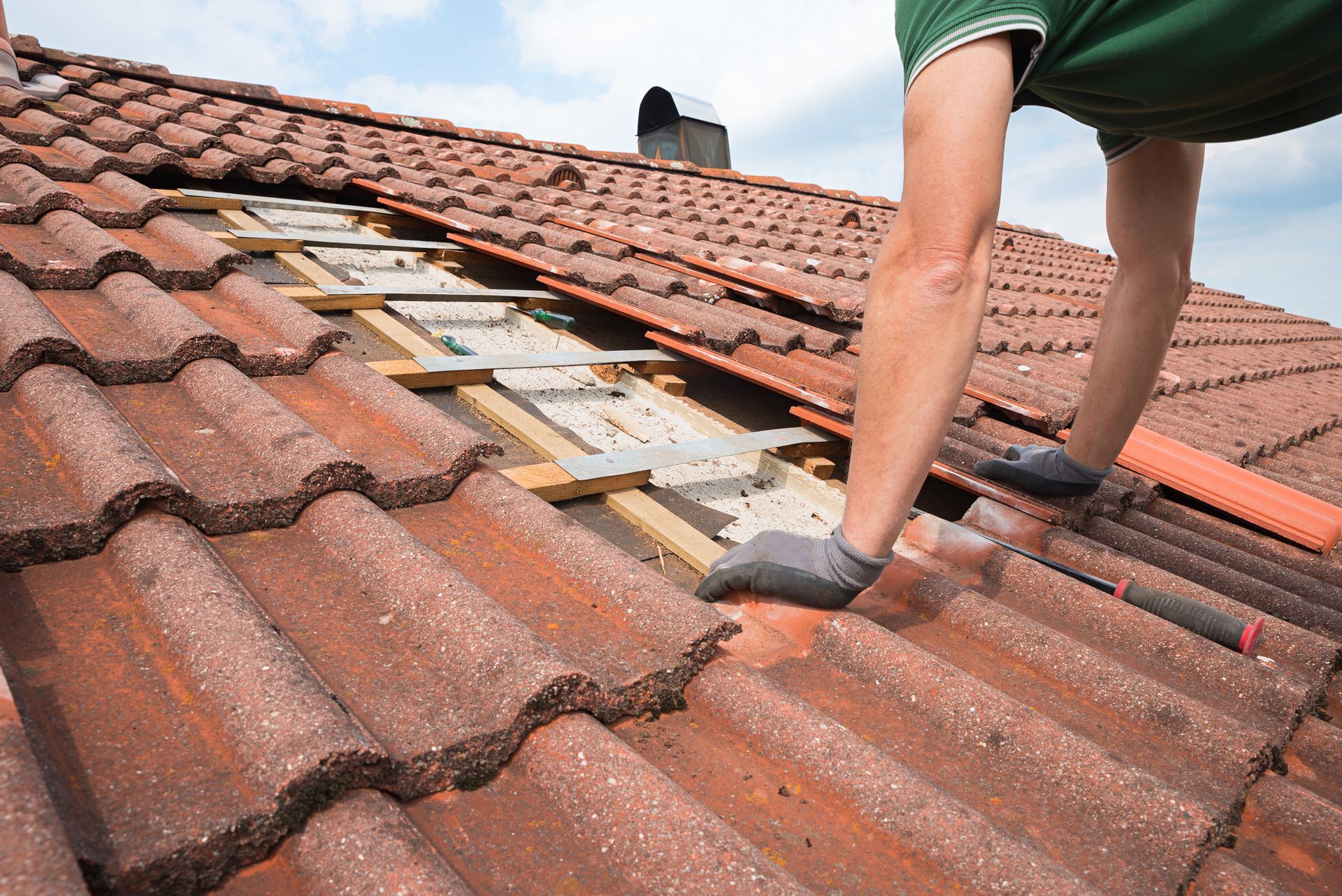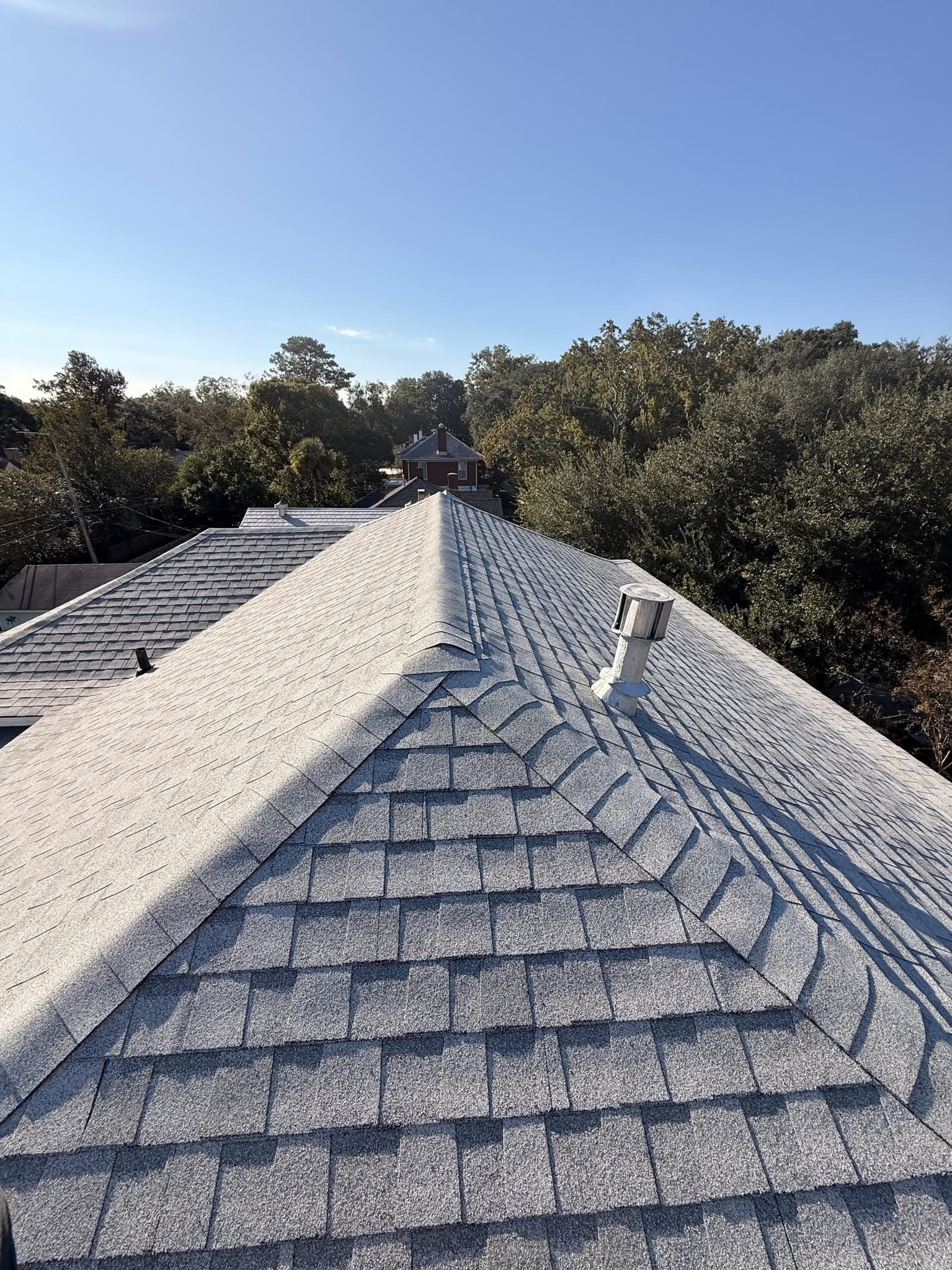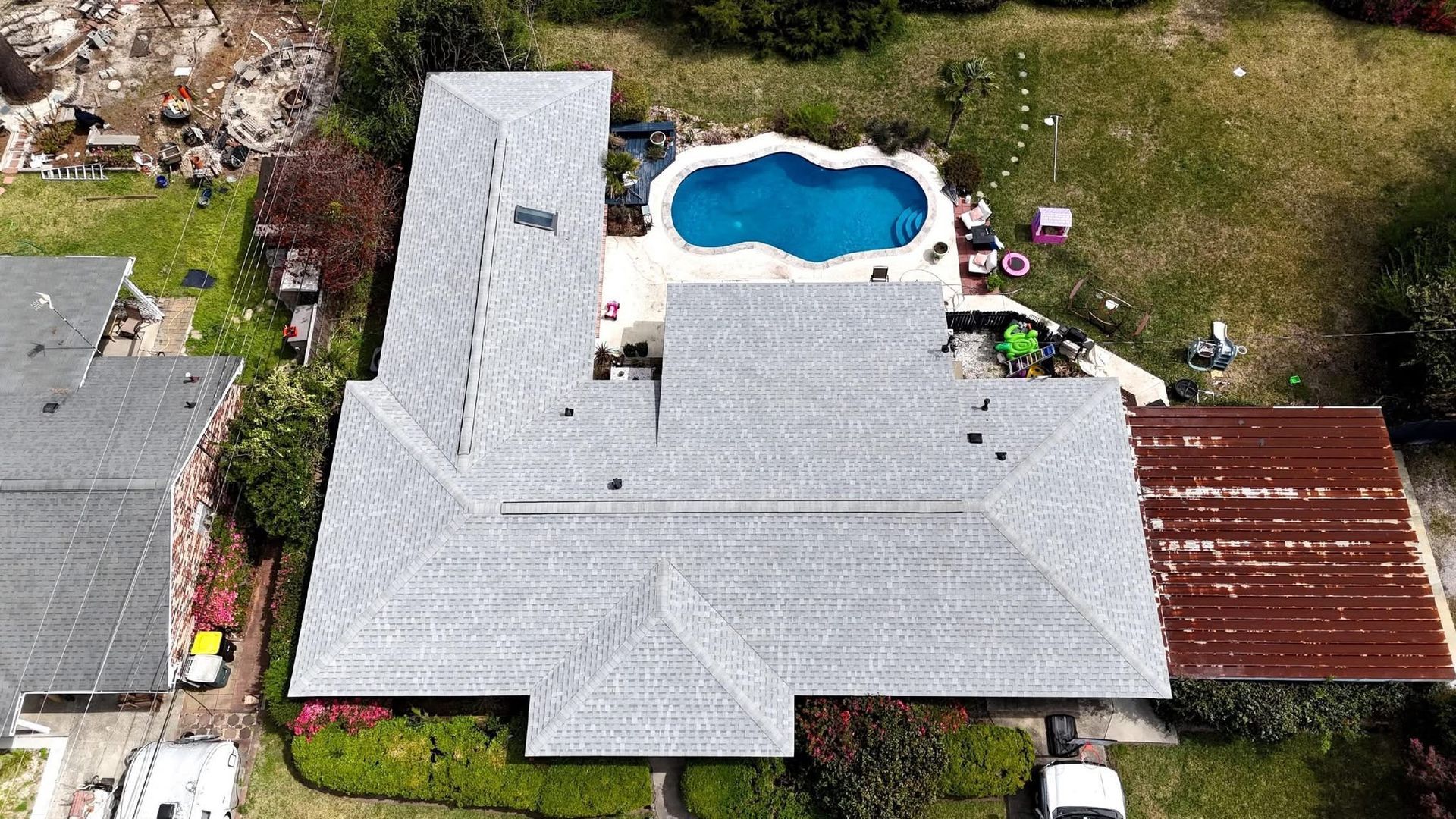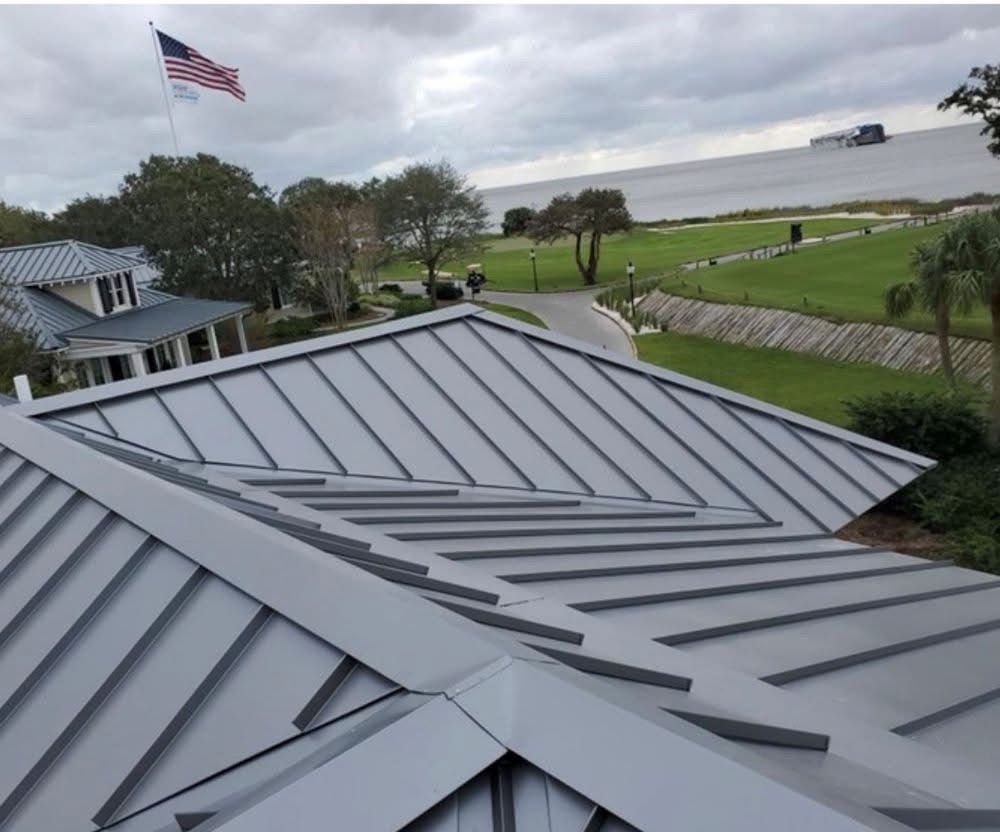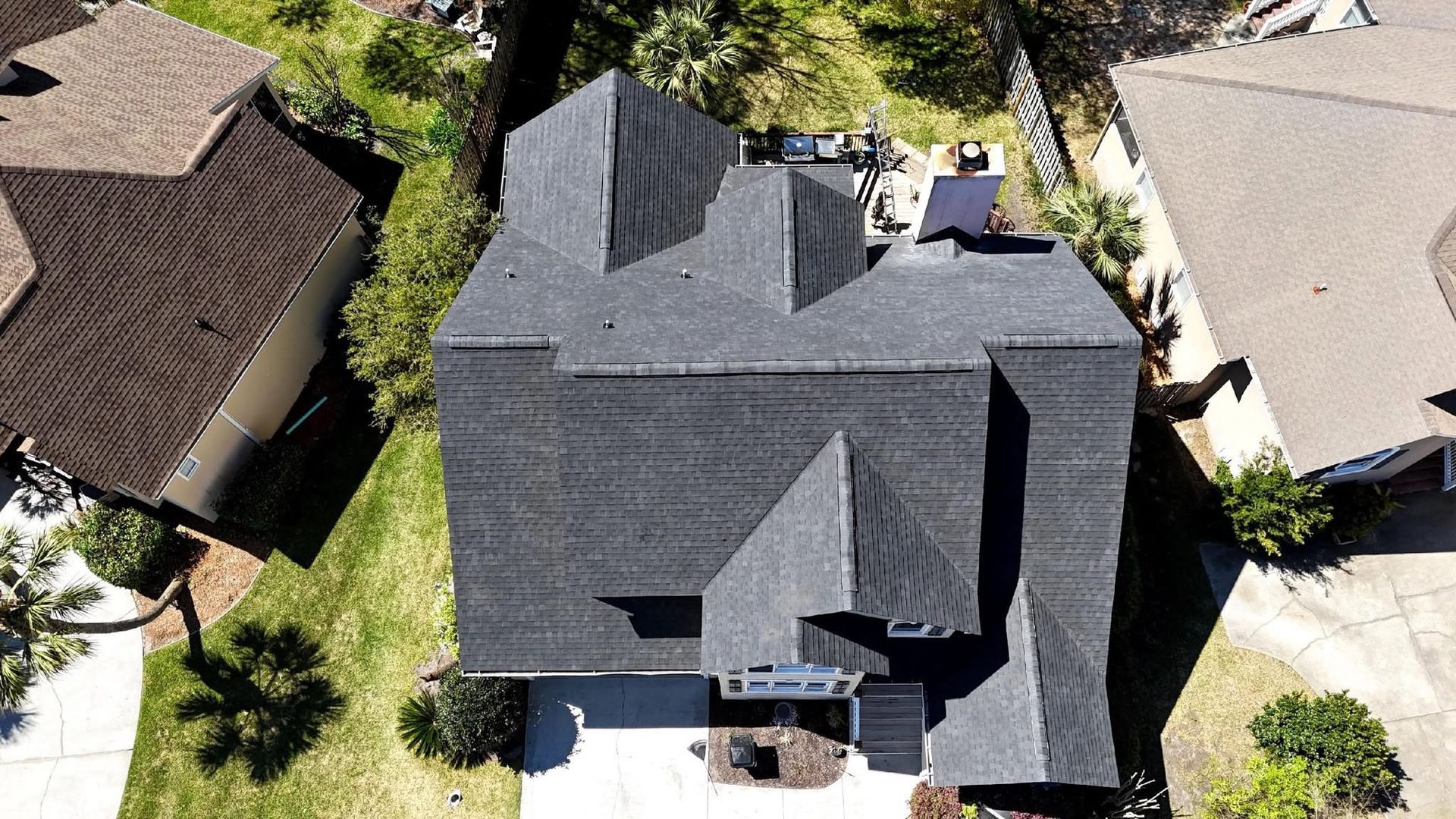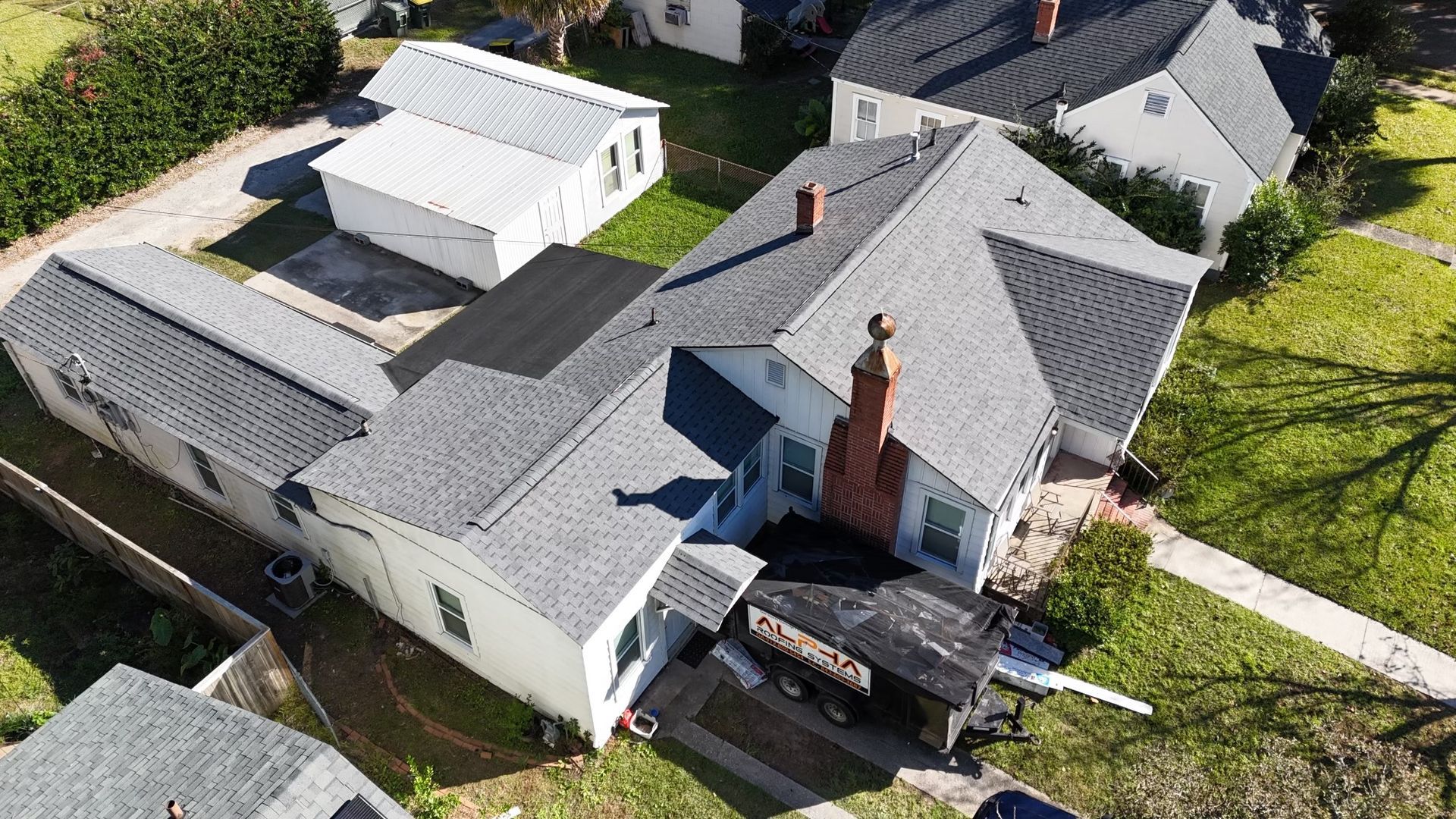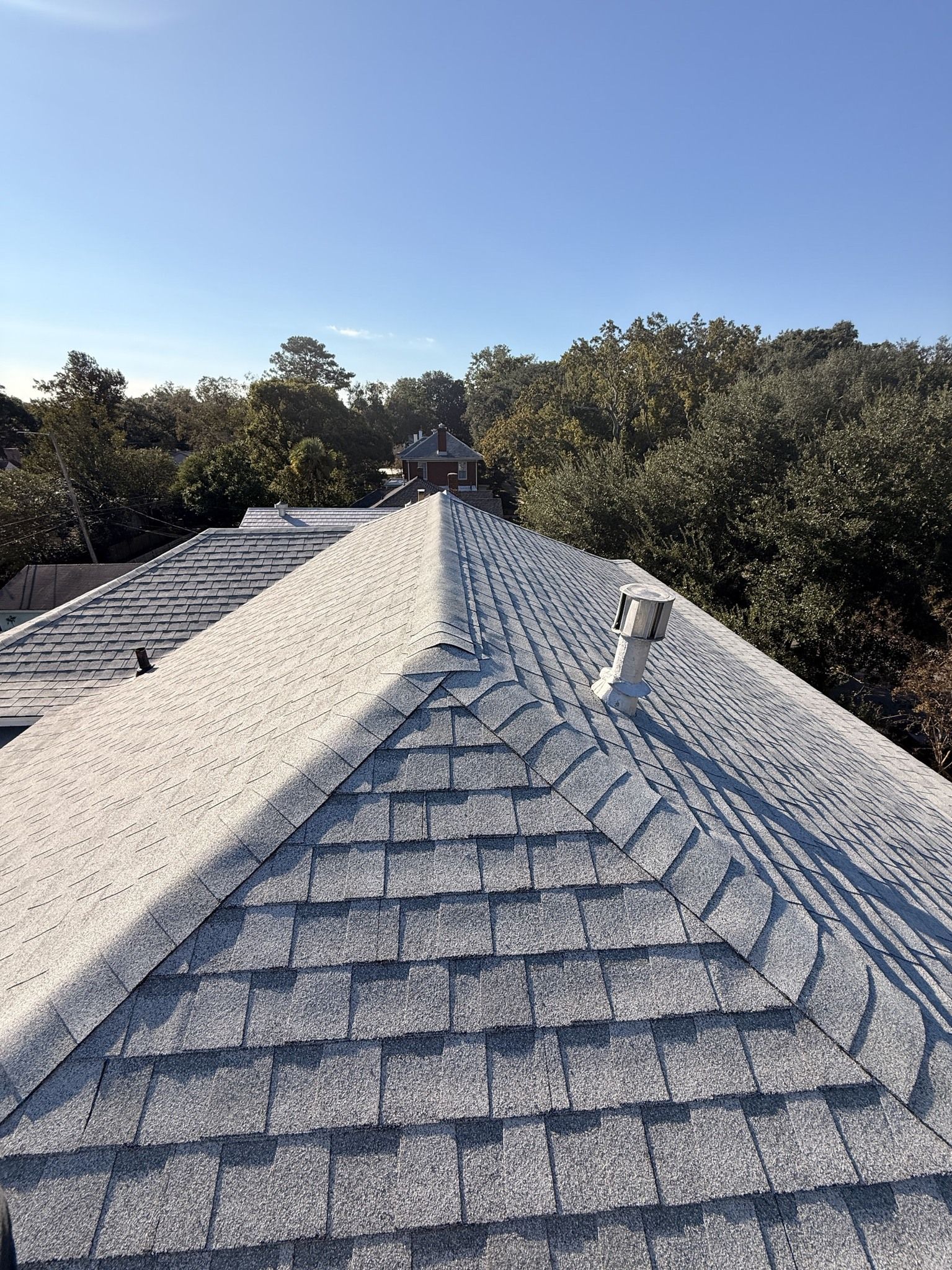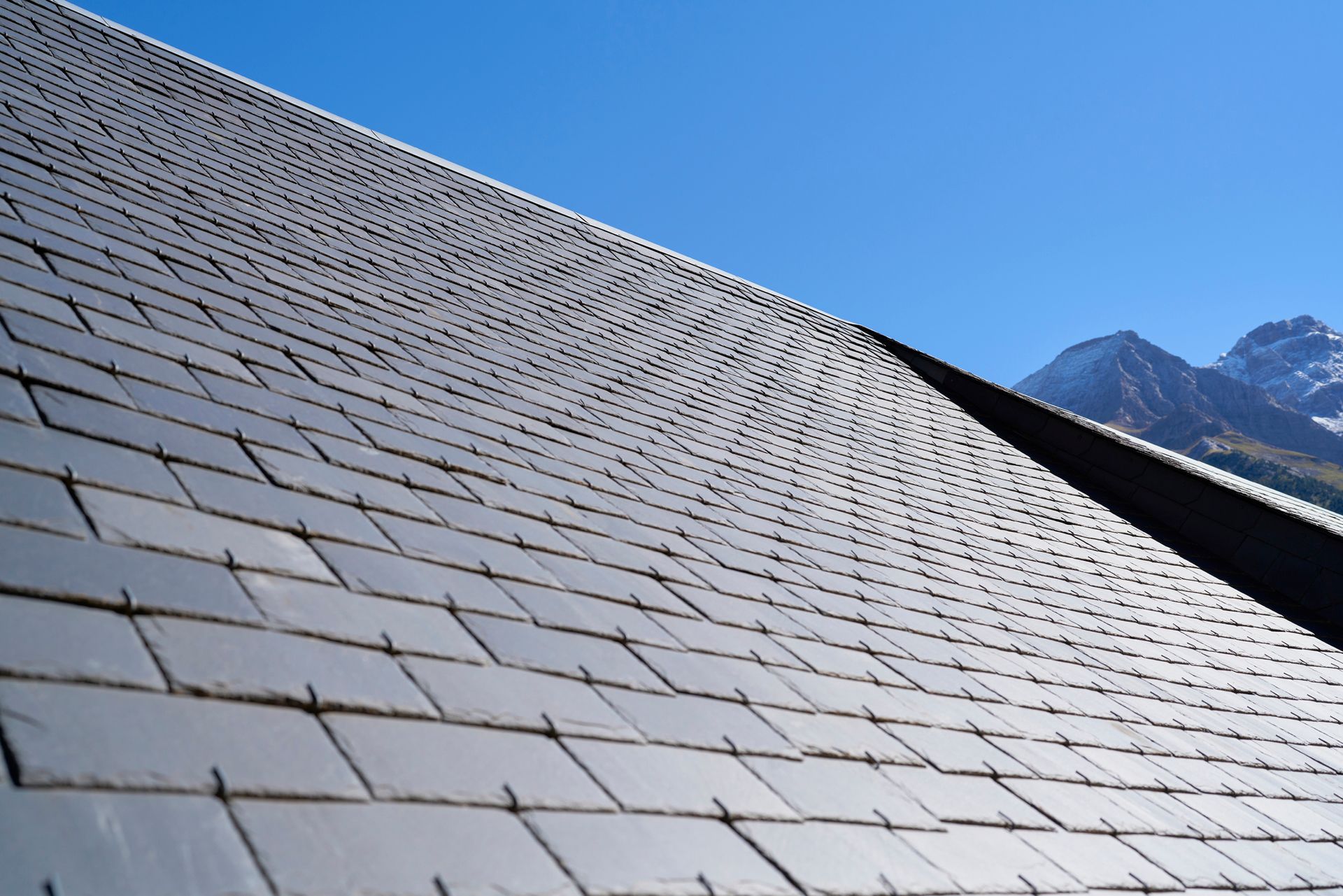Decoding Your Roofing Warranty: Know What's Protected
When you invest in a new roof, you're not just buying shingles, tiles, or metal panels. You're also purchasing peace of mind, hoping that this major home update will serve you well for years to come. But just like any significant purchase, roofs come with warranties. But what exactly does a roofing warranty cover? Let's unravel the mystery and get to the heart of what you need to know.
The Two Main Types of Roofing Warranties
Roofing guarantees typically come in two varieties: those covering materials and those addressing workmanship. Recognizing the distinctions between them can prevent future hassles.
Material Warranties
Offered by manufacturers, material warranties protect you against defects in the roofing materials themselves. So if your shingles begin to deteriorate prematurely or show signs of a manufacturing flaw, the maker of those shingles would likely be on the hook for replacements.
Workmanship Warranties
These warranties are provided by the roofing contractor and cover the installation work. If your roof starts to leak or show signs of poor installation, it's the contractor's responsibility to make it right, assuming they offer a workmanship warranty.
Grasping these two foundational warranty types will pave the way for a clearer understanding of your roof's protection and the assurances you can expect.
What's Typically Covered?
Roofing warranties might seem complex, but let's break down the usual inclusions:
- Material integrity. This ensures that the roofing materials, be it shingles or tiles, will hold up and be free from manufacturing defects for a specific time.
- Wind damage protection. Many warranties cover damage from wind up to a certain speed.
- Algae and mold protection. In humid areas, some warranties may cover damage or discoloration from algae or mold.
Keep in mind that the specifics can vary greatly based on the manufacturer and the type of roofing material.
What's Often Left Out?
Roofing warranties have their limits. Here's what they often don't cover:
- Improper installation. If the warranty is from the manufacturer, it likely won't cover issues arising from poor installation (that would fall under a workmanship warranty).
- Acts of God. Events like hurricanes, tornadoes, hailstorms, or other severe weather phenomena are usually not covered.
- Damage from third parties. If someone works on your roof, like a satellite installer, and causes damage, your warranty may be voided.
- Regular wear and tear. Just as with anything, your roof will naturally wear out over time. Warranties won't cover this expected decline.
Remember to always read the fine print so you're clear on the details.
How Do You Make the Most of Your Warranty?
Securing a warranty is one thing; making the most of it is another. Here are some tips:
- Read thoroughly. Always go through the entire warranty document. Understand the duration, what's covered, and the claim process.
- Proper maintenance. Regular roof check-ups can ensure your warranty stays valid. Some warranties might become void if you neglect basic maintenance.
- Prompt claims. If you notice an issue, report it immediately. Waiting too long might complicate the claim process or even make it invalid.
- Keep all documents. Store all related paperwork, like installation receipts and warranty documents, in a safe place. You'll need them if you have to make a claim.
By being proactive, you can ensure that you get the maximum benefit from your roofing warranty.
While a new roof is a big investment, a good warranty can make the journey smoother. By understanding what's covered and what's not, and by being proactive in your roof's care, you can rest easy knowing you're protected. If you're considering a new roof and have questions about roofing warranties, don't hesitate to reach out to Alpha Roofing Services for more information.



